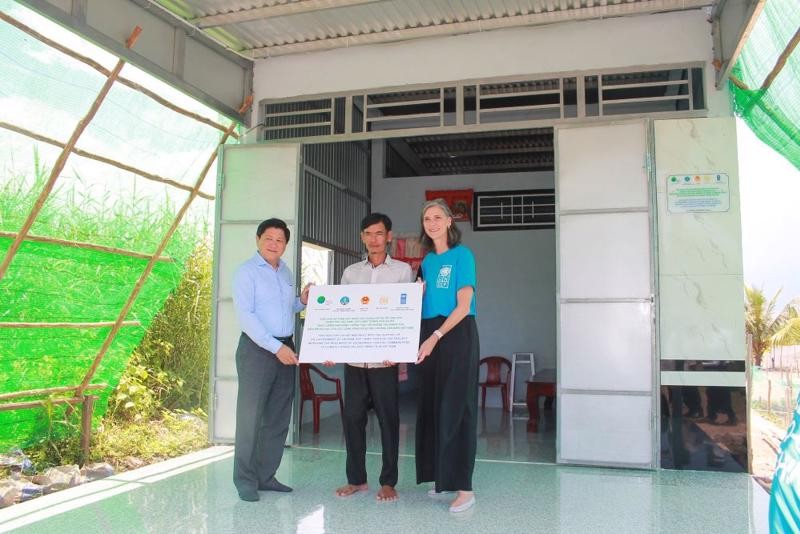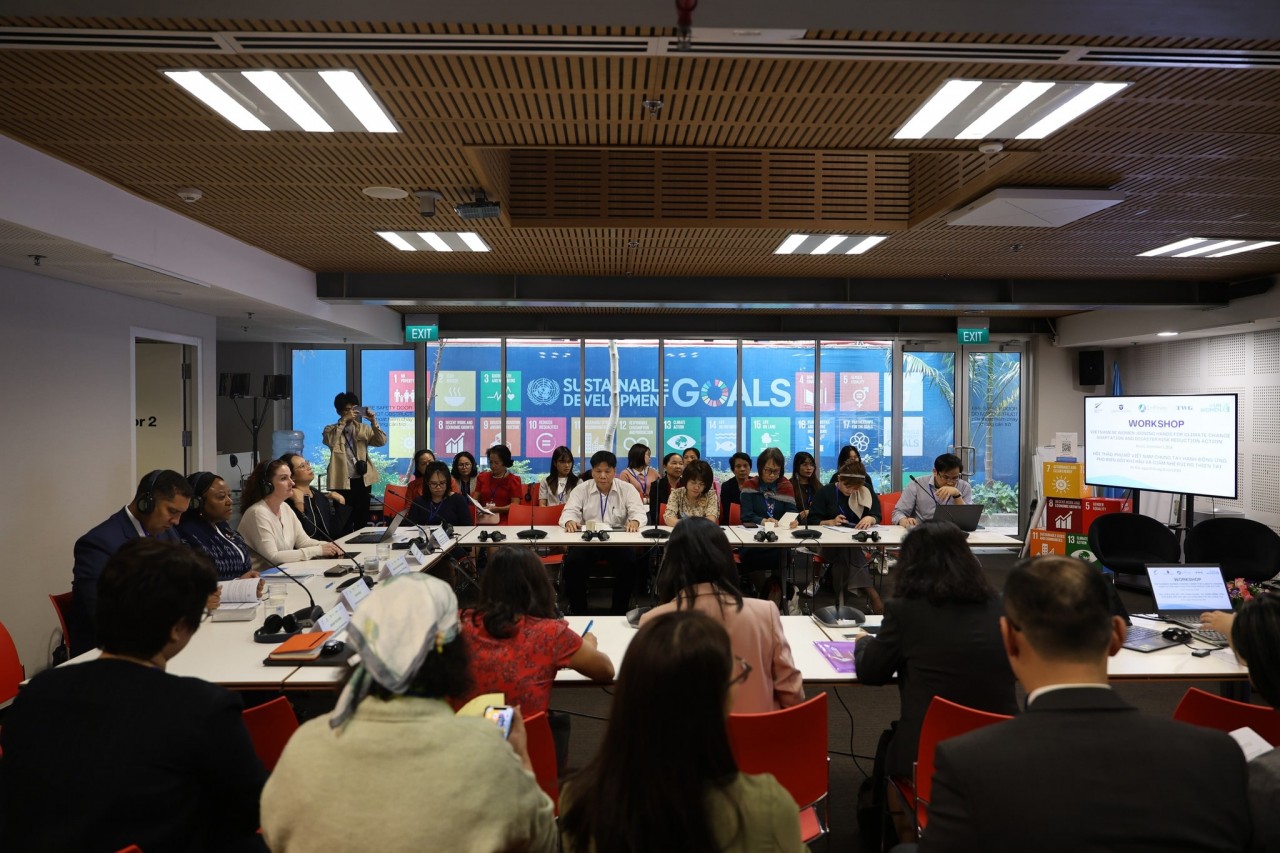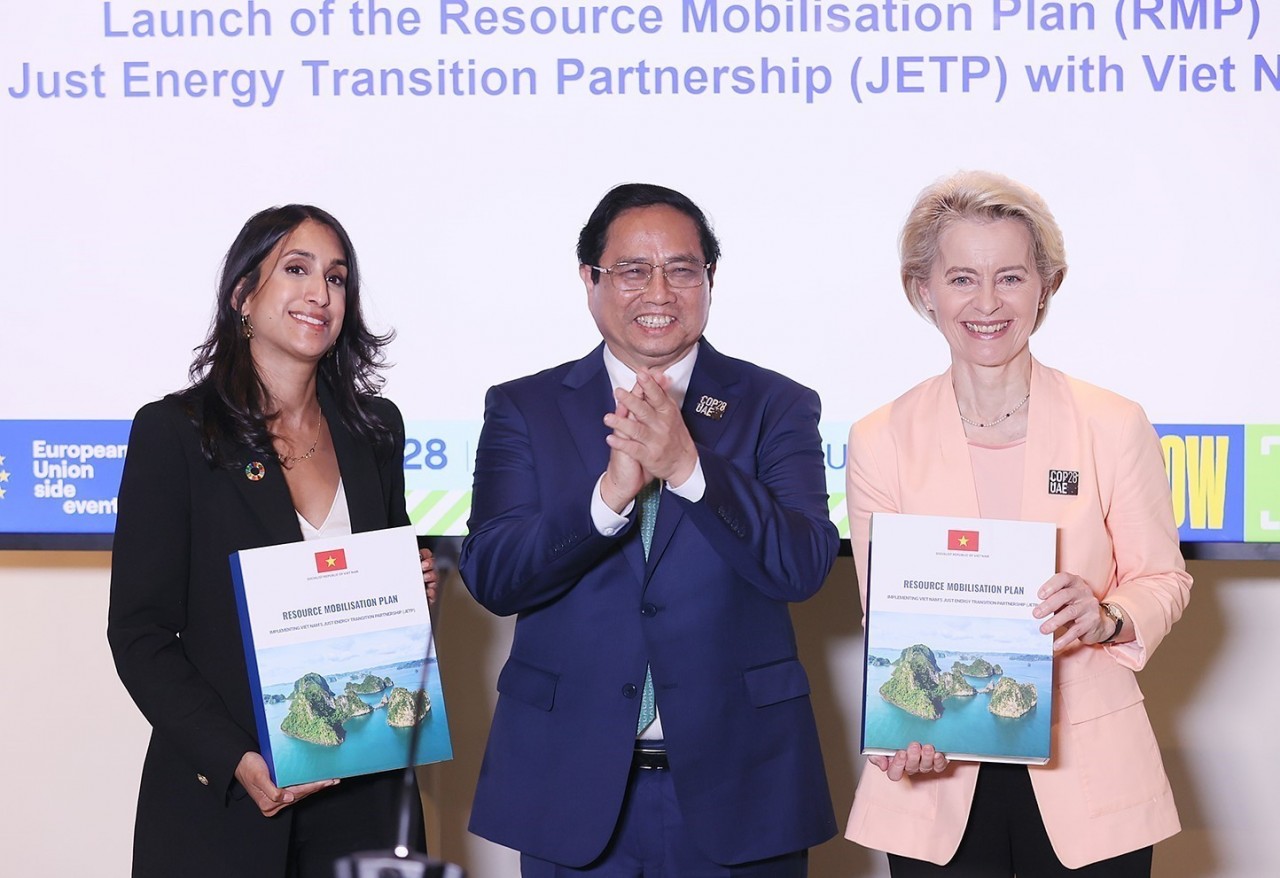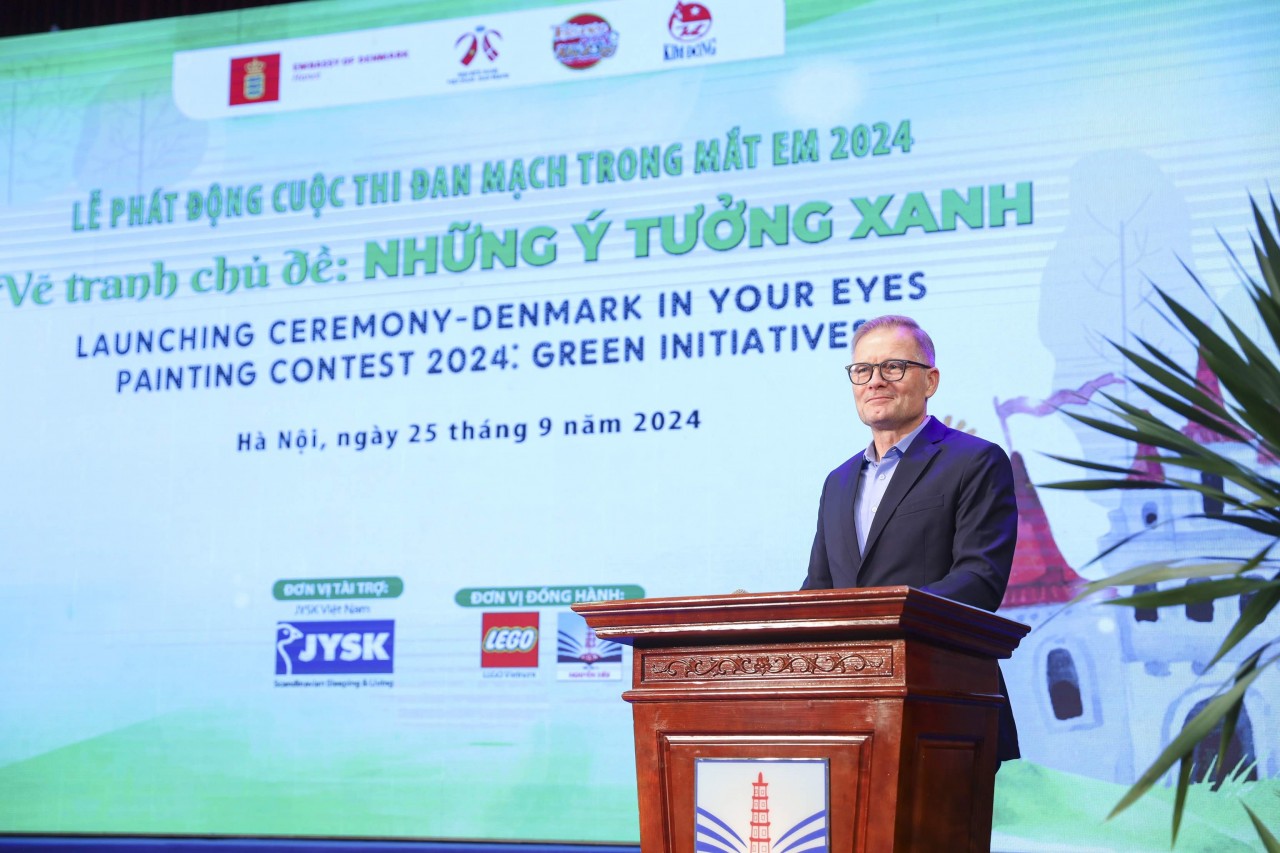Vietnam Strengthens Role in ICJ Climate Advisory Process
| Denmark, Vietnam Soar Towards Sustainable Future | |
| Disaster Risk Reduction amidst Climate Challenges |
From December 2 to 13, the ICJ held public hearings at the Peace Palace in The Hague, Netherlands, as part of the advisory process on state responsibilities related to climate change. The hearings gathered perspectives from countries and international organizations.
The Vietnamese delegation was led by Director General of the Department of International Law and Treaties under the Ministry of Foreign Affairs Nguyen Dang Thang, and included Vietnam’s Ambassador to the Netherlands Ngo Huong Nam. On December 12, Nguyen Dang Thang and Associate Professor Dr. Nguyen Thi Lan Anh, Deputy Director of the Diplomatic Academy of Vietnam and Vietnam’s candidate for the International Tribunal for the Law of the Sea (ITLOS) for the 2026-2035 term, presented Vietnam’s views to the ICJ.
 |
| Director of the Department of Law and International Treaties, Ministry of Foreign Affairs Nguyen Dang Thang spoke. |
Vietnam urged the ICJ to affirm that states have obligations under international treaties such as the United Nations Framework Convention on Climate Change (UNFCCC), the Kyoto Protocol, the Paris Agreement, and the United Nations Convention on the Law of the Sea (UNCLOS), as well as under customary international law.
Vietnam emphasized that effective protection of the climate system requires states to fulfill their obligations to prevent significant harm to the climate and to cooperate internationally. Vietnam also highlighted the principle of “common but differentiated responsibilities” (CBDR) as a critical framework for defining state obligations. While all states share the responsibility to prevent environmental harm and address climate change impacts, the implementation of these responsibilities must account for historical emissions and varying national capacities.
Most participants in the hearings shared the view that scientific evidence demonstrates a direct link between high emissions and significant harm to the climate system. Based on this, Vietnam argued that major emitters, particularly developed countries, must cease harmful actions and bear responsibility for the damages caused.
 |
| The Vietnamese delegation worked with the Permanent Court of Arbitration (PCA) and the Hague Academy of International Law. |
Developing countries, which are disproportionately affected by climate change, must be consulted to identify their needs and implement appropriate remedial measures. These efforts should focus on restoring the environment, mitigating climate impacts, and adapting to climate change, with support in the form of financial assistance, capacity-building, and technology transfer.
On this occasion, the Vietnamese delegation also held meetings with the Permanent Court of Arbitration (PCA) and the Hague Academy of International Law to discuss future cooperation, particularly in enhancing Vietnam’s capacity in international law.
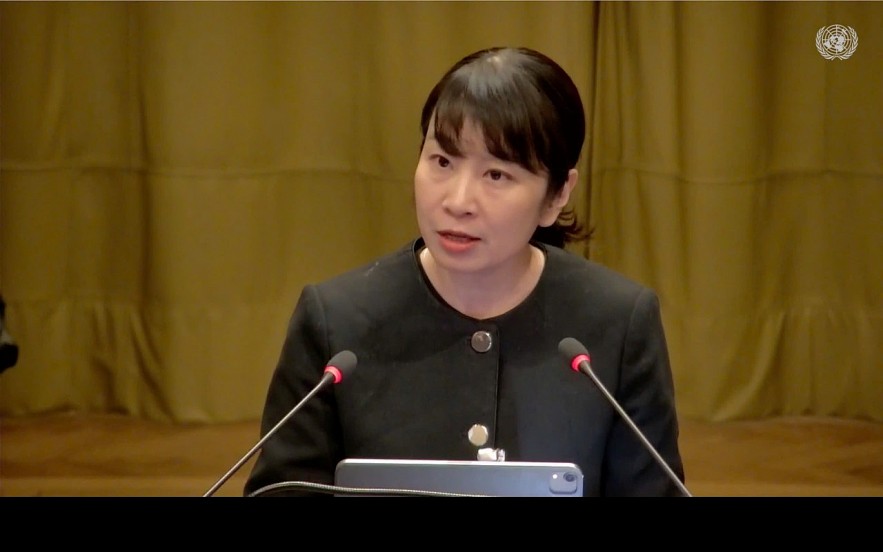 |
| Associate Professor Dr. Nguyen Thi Lan Anh, Deputy Director of the Diplomatic Academy of Vietnam. |
Previously, on March 29, 2023, the United Nations General Assembly adopted Resolution 77/276 requesting the ICJ to provide an advisory opinion on two key questions: a) The obligations of states under international law to protect the climate system and environment from greenhouse gas emissions resulting from human activities. b) The legal consequences of states’ actions or inactions that adversely affect the climate system and environment.
This is the first time Vietnam has fully participated in the ICJ’s advisory process, reflecting its proactive and active engagement in multilateral legal integration. Vietnam is a member of the Core Group of 18 countries, initiated by Vanuatu, which spearheaded the adoption of Resolution 77/276.
Following the resolution’s adoption, Vietnam collaborated with Vanuatu and other Core Group members to host workshops and strengthen capacities, supporting ASEAN and Asia-Pacific countries in preparing their arguments for the ICJ. Before presenting directly in The Hague, Vietnam submitted its national statement and written comments to express its official position on the questions outlined in Resolution 77/276.
According to the ICJ Secretariat, the advisory process on climate change is the largest case in the Court’s history, with over 90 states and international organizations submitting written statements and more than 100 participating in public hearings. This reflects the high expectations placed on the ICJ’s role and contributions in addressing and preventing climate change.
 | Vietnam Chairs Working Luncheon of UNCLOS Group of Friends Founding Countries Over the past 30 years, UNCLOS has been a solid legal framework to promote cooperation and ensure the legitimate rights and interests of countries at ... |
 | UN Agreement on Biodiversity Beyond National Jurisdiction: New Milestone of International Law The agreement on the Biodiversity Beyond National Jurisdiction (BBNJ) is the third implementing agreement of UNCLOS, further strengthening UNCLOS and contributing to the consolidation of ... |
Recommended
 World
World
Pakistan NCRC report explores emerging child rights issues
 World
World
"India has right to defend herself against terror," says German Foreign Minister, endorses Op Sindoor
 World
World
‘We stand with India’: Japan, UAE back New Delhi over its global outreach against terror
 World
World
'Action Was Entirely Justifiable': Former US NSA John Bolton Backs India's Right After Pahalgam Attack
Popular article
 World
World
US, China Conclude Trade Talks with Positive Outcome
 World
World
Nifty, Sensex jumped more than 2% in opening as India-Pakistan tensions ease
 World
World
Easing of US-China Tariffs: Markets React Positively, Experts Remain Cautious
 World
World




